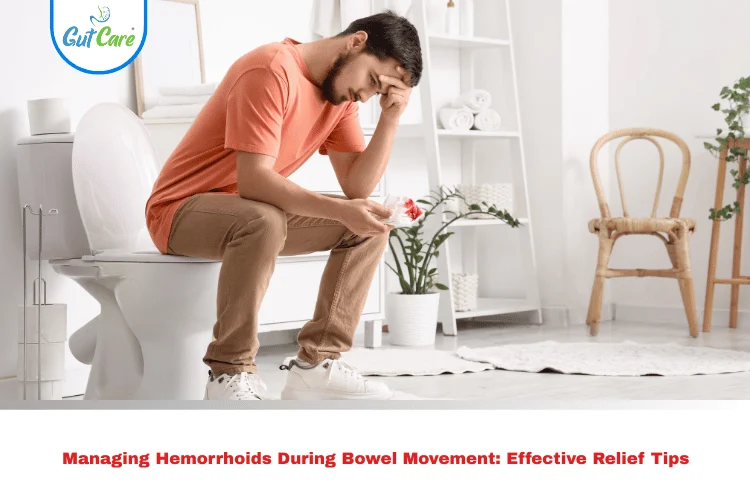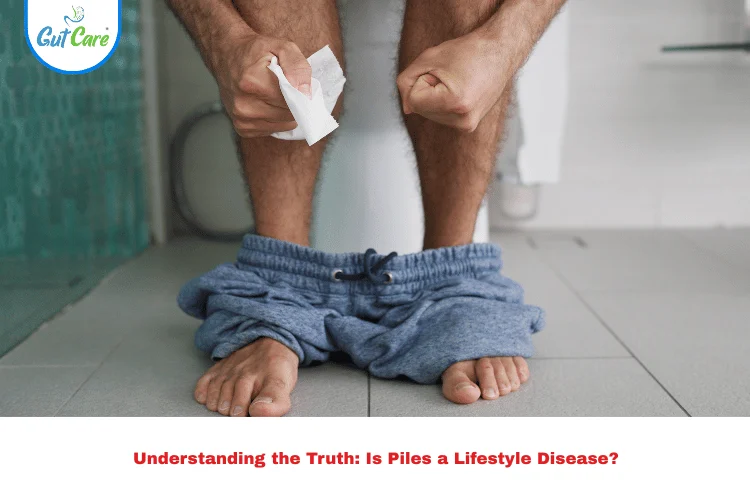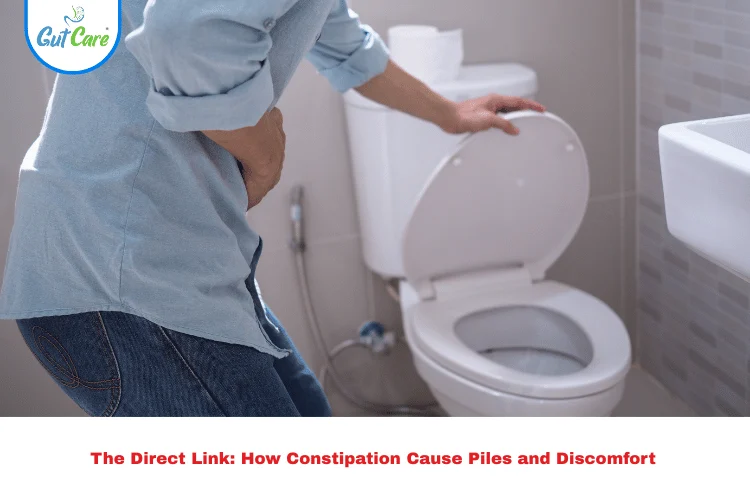Piles or Fissure: If you’re experiencing discomfort in the anal region, you might be wondering whether it’s due to piles or a fissure. While both conditions affect the same area, they are very different in terms of causes, symptoms, and treatment. Knowing the difference is key to seeking the right medical help and avoiding long-term complications.
Understanding the Difference Between Piles and Fissure
Hemorrhoids, or piles, are enlarged blood vessels in the anus or rectum. They may be external or internal and are frequently brought on by increased pressure from prolonged sitting, pregnancy, or constipation.
Contrarily, a fissure is a tiny rip in the anus’s lining that is typically brought on by straining during bowel movements or passing firm stools. Sharp pain occurs both during and after bowel movements.
Symptoms: How to Tell Them Apart
Symptoms of Piles:
- Painless bleeding during bowel movements
- Itching or irritation around the anus
- Swelling or a lump near the anus
- Discomfort while sitting
Anal Fissure Symptoms: Don’t Let the Agony Control Your Life
Symptoms of Fissure:
- Sharp pain during bowel movements
- A visible tear around the anus
- Bleeding in small amounts
- Spasms in the anal sphincter
Understanding these symptoms can help you and your doctor decide whether you’re dealing with piles or fissure and choose the right treatment path.
Diagnosis: What to Expect at the Clinic
Your doctor will perform a physical examination. In the case of piles, a digital rectal exam or proctoscopy may be done to inspect internal hemorrhoids.
For fissures, the tear is usually visible and doesn’t require deep internal exams unless chronic.
Accurate diagnosis is essential to begin the correct treatment condition for piles or fissures.
Treatment Options: Tailored for Each Condition
Piles Treatment:
- Lifestyle changes: High-fiber diet, more fluids, regular exercise
- Medications: Topical creams, stool softeners
- Minimally invasive procedures: Rubber band ligation, sclerotherapy
- Advanced options: Laser surgery for piles (minimally painful, faster recovery)
Fissure Treatment:
- Dietary changes: Fiber intake, hydration
- Medications: Numbing creams, stool softeners, nitroglycerin ointments
- Surgical options: Lateral internal sphincterotomy (for chronic fissures)
Laser treatment is emerging as a preferred method for both conditions, depending on severity and response to initial treatments.
When to See a Doctor
See a proctologist if symptoms worsen despite at-home care or continue for more than a week. Prompt diagnosis guarantees quicker relief and prevents problems like thrombosed piles or fissures.
Prevention Tips
- Avoid straining during bowel movements
- Maintain a fiber-rich diet
- Stay active and hydrated
- Don’t delay the urge to pass stools
FAQs
1. Can I have both piles and a fissure at the same time?
Yes, it’s possible. A specialist can help diagnose and recommend the right treatment condition for piles or fissures.
2. Is laser treatment effective for both piles and fissures?
Yes. Laser treatment is minimally invasive, causes less pain, and has a faster recovery time for both conditions.
3. Are over-the-counter creams effective for fissures or piles?
They provide temporary relief, but a long-term cure often requires lifestyle changes or procedures.
4. What happens if piles or fissures are left untreated?
They can become chronic and lead to complications like infections, abscesses, or extreme pain.
5. How do I know which condition I have?
A physical examination by a colorectal specialist is the most reliable way to diagnose whether it’s piles or a fissure.
6. Is surgery always necessary?
Not always. Many cases improve with dietary changes and medications. Surgery is recommended only for chronic or severe cases.
Conclusion
Effective treatment begins with knowing if you are dealing with a piles or fissure. For an accurate diagnosis and treatment, keep a close eye on your symptoms and see a doctor as soon as possible.
To determine the best course of action for your condition, speak with our experts right now!
Book your appointment and visit us today!




